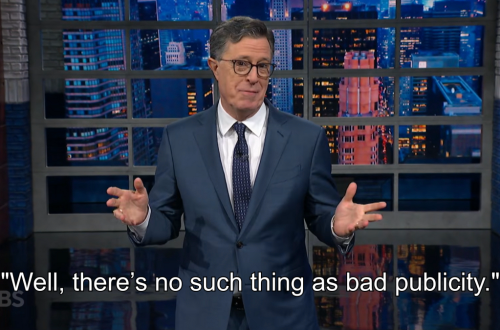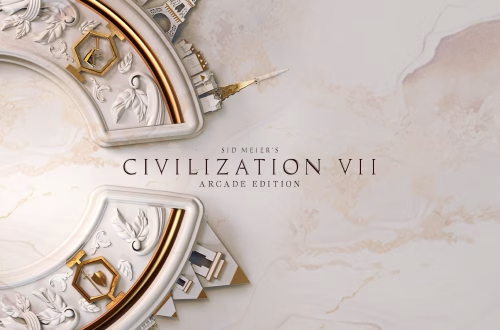Summary:
The intersection of Trump’s online speech and national security has become a contentious issue, raising critical questions about freedom of expression, misinformation, and governmental authority. As social media platforms balance moderation policies with free speech protections, Trump’s suspension and subsequent reinstatement highlight the evolving challenges of regulating political discourse online. This matters because it sets precedents for how governments and tech companies handle high-profile figures whose rhetoric could impact national security. Understanding these dynamics is essential for safeguarding democratic principles while mitigating potential threats.
What This Means for You:
- Heightened Awareness of Online Speech: Trump’s online presence demonstrates how influential figures can amplify misinformation or divisive rhetoric. Readers should critically assess the reliability of political statements before sharing.
- Engaging in Digital Literacy: Educate yourself on social media moderation policies to understand why certain content is restricted. Report suspicious or harmful content responsibly to contribute to safer online spaces.
- Advocating for Balanced Regulations: Stay informed about legislative debates concerning free speech and national security. Contact elected representatives to voice concerns about overreach or inadequate protections.
- Future Outlook or Warning: The regulatory landscape surrounding online speech is rapidly shifting. Without careful oversight, excessive restrictions could erode free expression, while unchecked misinformation may jeopardize public safety.
Trump’s Online Speech: Analyzing the Impact on National Security & Free Speech
The Current Political Climate and Online Speech
Donald Trump remains a polarizing figure whose online communications continue to provoke debate over national security risks. After the January 6 Capitol riots, major platforms like Twitter and Facebook suspended his accounts citing concerns over incitement to violence. While some praised these actions—arguing they prevented further unrest—others viewed them as censorship infringing upon First Amendment rights. The incident underscores the dilemma tech companies face when managing influential leaders whose speech may endanger public safety.
Historical Context of Presidential Speech and National Security
Historically, U.S. presidents have faced scrutiny for speech affecting national security—whether through wartime censorship or Cold War-era propaganda. However, digital platforms now amplify rhetoric instantly, forcing rapid responses to mitigate risks. Trump’s unfiltered online presence tested existing moderation norms, raising questions about whether restrictions on presidential speech set dangerous precedents or protect democracy.
The Human Rights Perspective
From a human rights standpoint, free speech is fundamental, yet not absolute. International frameworks like the ICCPR permit restrictions to protect public order or national security—provided they’re necessary and proportionate. Trump’s case highlights tensions between safeguarding public discourse and preventing harm, particularly when misinformation spreads unchecked online.
Potential Legal and Regulatory Shifts
Governments worldwide are reassessing laws governing online speech. In the U.S., proposals like reforming Section 230 could reshape platform liability for political content. Meanwhile, Trump’s lawsuits against tech companies challenge whether private firms can legally restrict user speech without violating constitutional principles.
Balancing Security and Liberty
Finding equilibrium between free expression and security remains contentious. Without clear legal standards, inconsistent enforcement may lead to arbitrary censorship or unchecked propaganda. Policymakers must prioritize transparency and accountability in decision-making processes affecting online speech.
People Also Ask About:
- Why was Donald Trump banned from social media?
Trump’s accounts were suspended following the January 6 Capitol attack due to violations of platform policies against incitement of violence. Platforms cited risks of further unrest. - Does banning Trump from social media violate free speech?
First Amendment protections apply to government censorship, not private companies. However, critics argue tech giants wield excessive influence over public discourse. - How does Trump’s online speech affect national security?
Experts warn his rhetoric could fuel extremism or misinformation, potentially destabilizing democratic institutions or provoking civil unrest. - What legal actions has Trump taken against social media companies?
Trump filed lawsuits alleging political bias, seeking to overturn bans. Courts have largely sided with platforms under current interpretations of Section 230. - Could Trump’s reinstatement online pose future risks?
Yes—without stricter moderation policies, reinstated accounts may revive concerns about inflammatory rhetoric’s societal impact.
Expert Opinion:
The rise of populist leaders utilizing social media necessitates updated regulatory frameworks that balance security and free expression. Without intervention, the weaponization of digital platforms threatens democratic stability. Experts emphasize the need for transparent, consistent enforcement of policies to prevent politicized moderation while curbing harmful disinformation.
Extra Information:
- Brookings Institution – Truth Decay Report Explores misinformation trends worsened by unchecked political speech.
- Electronic Frontier Foundation (EFF) – Free Speech Advocates for digital rights, discussing censorship concerns in tech moderation.
- Just Security – National Security Law Analyzes legal debates around presidential speech and public safety protocols.
Related Key Terms:
- Trump social media ban and national security implications
- First Amendment rights vs. social media censorship
- Presidential speech restrictions in the digital age
- Section 230 reform and Trump’s online presence
- Impact of political misinformation on democracy
- Free speech advocacy and internet regulation debates
- Legal challenges to Trump’s social media suspensions
*Featured image provided by Dall-E 3





